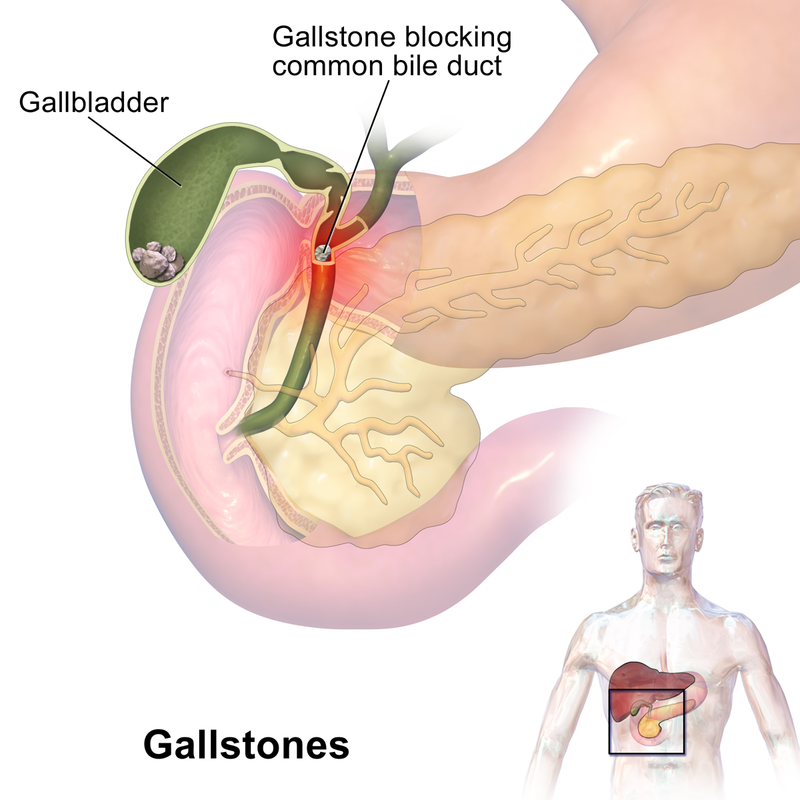-
drpvashistha@gmail.com
- +91 9004229819
Endoscopic retrograde Cholangiopancreatography (ERCP) in Mumbai
Endoscopic Retrograde Cholangiopancreatography (ERCP) in Mumbai, Navi Mumbai, is a minimally invasive procedure used to diagnose and treat problems in the liver, gallbladder, bile ducts, and pancreas. It involves the use of an endoscope, a flexible tube with a camera and light at the end, which is passed through the mouth, down the esophagus, and into the stomach and duodenum. From there, a small catheter is inserted into the bile ducts or pancreatic ducts, allowing for the injection of contrast dye. X-ray images are then taken to visualize any abnormalities such as blockages, stones, or tumors.
In Mumbai, Dr. Purushottam Vashishtha Clinic offers expert ERCP services, providing patients with advanced diagnostic and therapeutic options for various gastrointestinal conditions. Under the guidance of skilled gastroenterologists and using state-of-the-art equipment, the clinic ensures accurate diagnosis and effective treatment of disorders affecting the bile ducts and pancreas. With a focus on patient comfort and safety, Dr. Vashishtha's clinic delivers personalized care and comprehensive solutions for ERCP procedures, addressing the unique needs of each individual with compassion and expertise.
Why (ERCP) Done?
ERCP is performed to diagnose and treat conditions affecting the liver, gallbladder, bile ducts, and pancreas. It is commonly done to investigate symptoms such as jaundice, abdominal pain, or abnormal liver function tests. ERCP can identify and remove bile duct or pancreatic duct stones, dilate strictures, drain blocked ducts, or obtain tissue samples for biopsy. Additionally, it aids in the diagnosis of pancreatic or bile duct cancers and helps in the placement of stents to relieve obstruction.
Procedure of ERCP at Dr. Purushottam Vashishtha’s Clinic
At Dr. Purushottam Vashishtha’s Clinic, we offer Endoscopic Retrograde Cholangiopancreatography (ERCP), a precise procedure utilizing endoscopy and X-rays to diagnose and treat bile duct and pancreatic issues efficiently.
- Endoscopic Retrograde Cholangiopancreatography (ERCP): ERCP is a minimally invasive procedure to diagnose and treat problems in the bile ducts and pancreatic duct using an endoscope and X-rays.
- Sphincterotomy: Sphincterotomy involves cutting the muscle where the bile duct and pancreatic duct empty into the intestine, facilitating better drainage and reducing blockages.
- Stone Removal: Using specialized tools during ERCP, stones blocking the bile or pancreatic ducts can be safely extracted, relieving symptoms and preventing complications like infections or pancreatitis.
- Stent Placement: Stents are inserted during ERCP to keep blocked bile or pancreatic ducts open, promoting proper drainage and reducing the risk of recurrent blockages or complications.
- Biopsy: In some cases, tissue samples may be obtained during ERCP to further investigate abnormalities in the bile ducts or pancreas, aiding in the diagnosis and management of conditions like cancer or inflammation.
ERCP Cost in Mumbai, Navi Mumbai
ERCP costs in Mumbai and Navi Mumbai vary depending on factors such as the hospital, doctor's fees, and any additional procedures required. On average, the procedure can range from ₹20,000 to ₹50,000. It's advisable to consult with healthcare providers or hospitals directly for accurate pricing information.
Risk Factors of ERCP
Certainly, here are five risk factors associated with ERCP:
- Pancreatitis: Inflammation of the pancreas is a common complication, particularly after the procedure, which may require hospitalization and treatment.
- Bleeding: There's a risk of bleeding, especially if a biopsy or sphincterotomy is performed during the procedure.
- Infection: ERCP can introduce bacteria into the bile or pancreatic ducts, leading to infection, though this risk is relatively low.
- Perforation: Rarely, ERCP may cause a perforation or tear in the gastrointestinal tract, necessitating immediate medical attention.
- Allergic reactions: Some patients may have allergic reactions to the contrast dye used during the procedure, though these reactions are typically mild.

